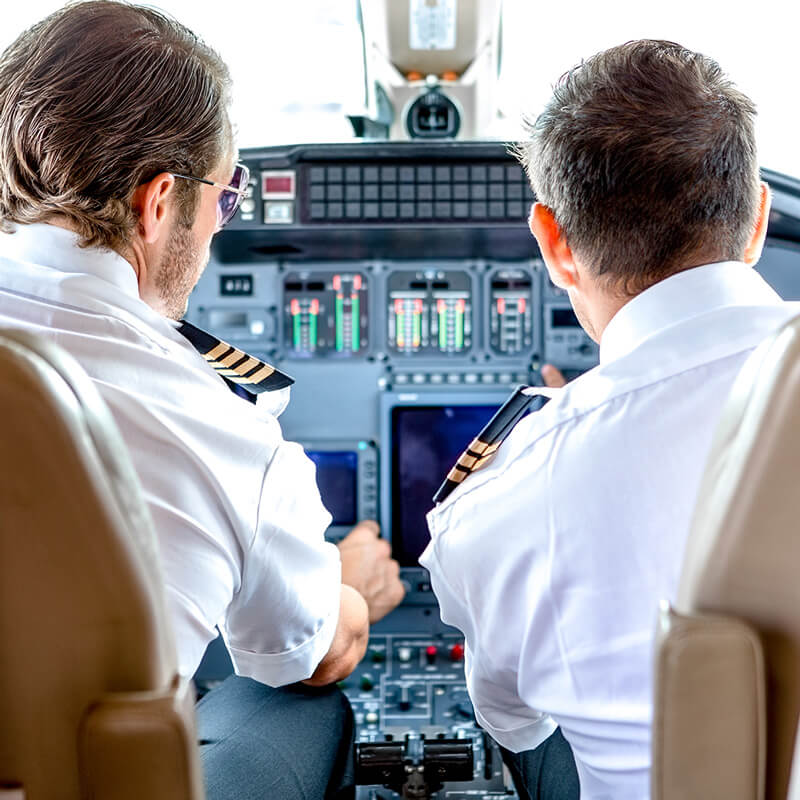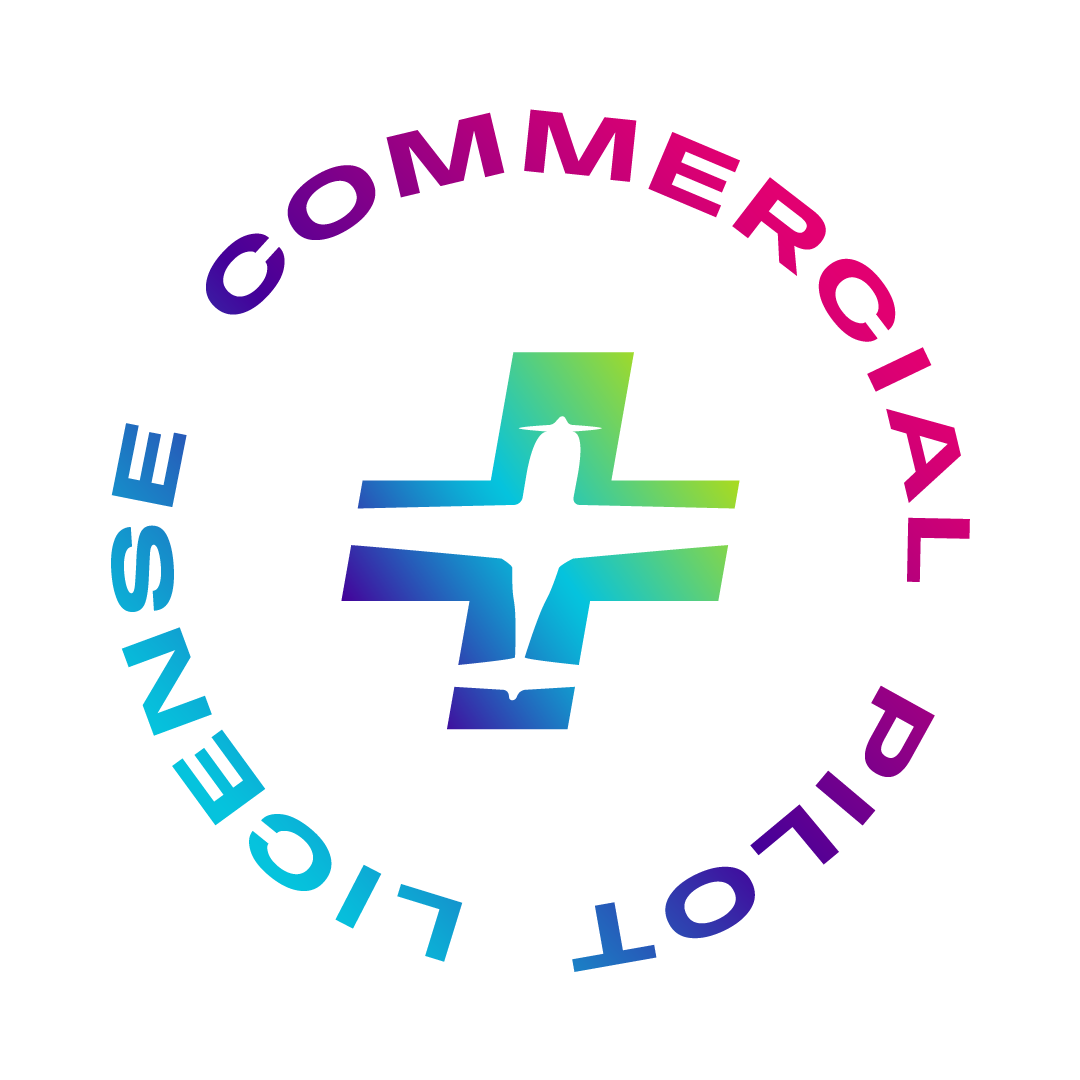Commercial Pilot
Commercial Pilot License
Get paid to fly the sky!
A Commercial Pilot airplane license permits you to carry passengers and cargo for compensation or hire. After earning your Private Pilot License, the Commercial Pilot License is the next step for pilots wishing to improve their skill and knowledge levels or if they are on the Career Pilot Program. The completion standards are higher for commercial pilots and the majority of costs associated with this rating are from building hours to meet the FAA experience requirements.


Commercial Pilot License
Multi-Engine Certificate
The multi-engine rating is added to a commercial pilot certificate. This allows the pilot to operate a twin-engine aircraft. Whether your objective is to be a professional pilot, the multiengine rating is the next step to improving your piloting skills.
With a Commercial Pilot Multi-Engine Certificate, you can do things such as airline, cargo, and corporate flying to build your aviation career.
Instrument Proficiency Check
The objectives of the IPC are to:
Assess your knowledge of instrument flight (including subjects such as Federal Aviation Regulations, the Airman’s Information Manual, meteorology, flight planning, aircraft performance, aircraft navigation systems, and emergency procedures.
To demonstrate your ability to properly plan and fly a route under actual or simulated instrument meteorological conditions.
Often, the IPC is conducted by a CFII who does not know you, and therefore, will use the IPC to ensure you possess the essential knowledge of instrument flight rules, planning, and procedures as well as demonstrate the essential skills to fly and manage an aircraft under all phases of flight in instrument meteorological conditions.
Regulations for the flight review (14 CFR 61.56) require a minimum of one hour of ground training and one hour of flight training.
A good rule of thumb, however, is to plan at least 90 minutes of ground time and at least two hours of flight time for a solid evaluation of your instrument flying knowledge and skills.
The IPC will be roughly equivalent to the check ride for your initial instrument rating.
Complex Endorsement
A complex aircraft is defined as any aircraft that possesses flaps, retractable landing gear, and constant speed propeller(s). Unlike other certificates and ratings, the complex endorsement is conveyed solely by a Certified Flight Instructor.
High-Performance Endorsement
Federal aviation regulations require pilots to have a high-performance airplane endorsement in order to act as pilot-in-command (PIC) of a high-performance airplane. Any airplane with an engine of more than200 horsepower is considered “high-performance.” An airplane with a 200-horsepower engine does not qualify. On a multi-engine airplane, the engines are evaluated individually (horsepower ratings are not added together).
This one-time logbook endorsement can be earned through ground and flight training. The FAA does not require a special checkride or knowledge test to earn the endorsement. A flight instructor gives you the endorsement after you have received training and have been found proficient. Note: Pilots who logged PIC time in high-performance airplanes prior to 8/4/97 are grandfathered in and don’t need the endorsement.
-
- CFI / SEL
- CFI Instrument
- CFI Multi-Engine
- Biannual Flight Review
- ATP Single Engine
- ATP Multi-Engine
- TAA requirement
